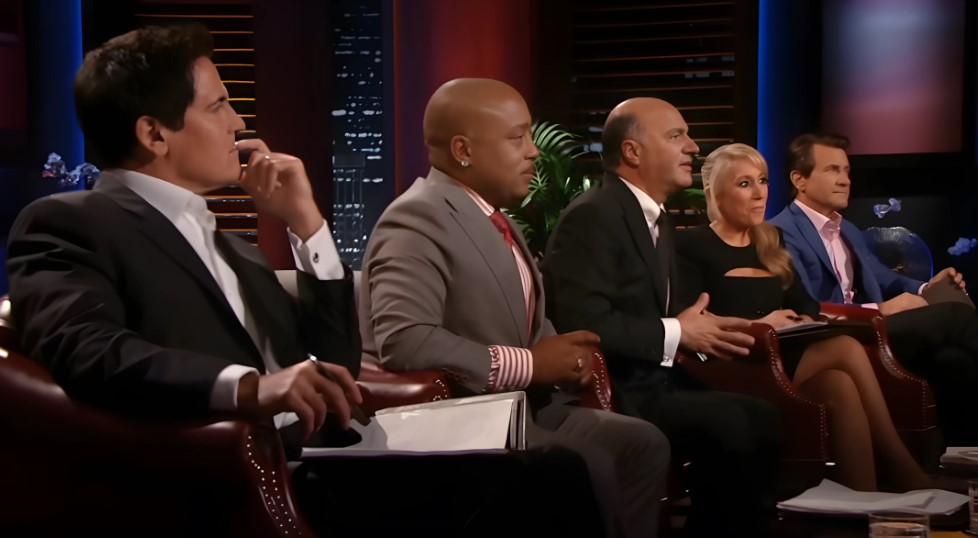Few reality shows promise actual reality, especially when it comes to business success. But Shark Tank isn’t your typical reality show.
The show has launched more than a handful of businesses into real-world success—though admittedly, a couple might make you question humanity’s collective judgment.
Nevertheless, let’s talk straight about the most lucrative businesses that went from pitching in front of skeptical millionaires to becoming industry giants.
1. Bombas
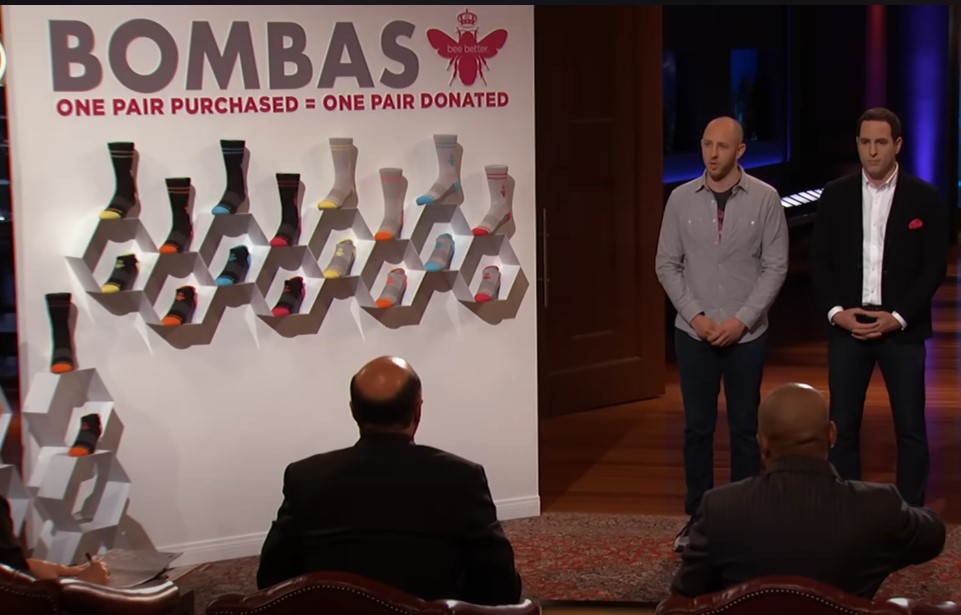
Randy Goldberg and David Heath took the common sock and turned it into a philanthropic powerhouse.
Many dismiss everyday basics as ordinary merchandise, but Bombas soared by gifting a pair to those in need for every sale.
The duo pitched the concept in 2014, snagging $200,000 from Daymond John for 17.5% equity. Some people suspected a sock business might seem trivial.
Yet brand loyalty soared once customers noticed the quality and appreciated that philanthropic model.
- By 2018, annual revenue rocketed past $100 million.
- Retail sales reached $1.3 billion by late 2023.
- Mission-focused marketing resonated with socially conscious buyers.
2. Scrub Daddy
A grin-shaped sponge that hardens in cold water yet softens in warm water might seem whimsical. Aaron Krause pitched that invention and reeled in Lori Greiner, who invested $200,000 for 20% equity. Scrub Daddy really took off.
Many viewers found it odd that a smiley sponge could become a breakout star, but the final results speak for themselves:
- Over $209 million in sales
- Continual expansion of product lines, including Scrub Mommy and specialized cleaning products
- Widespread popularity on shopping channels, in retail stores, and online
3. Squatty Potty
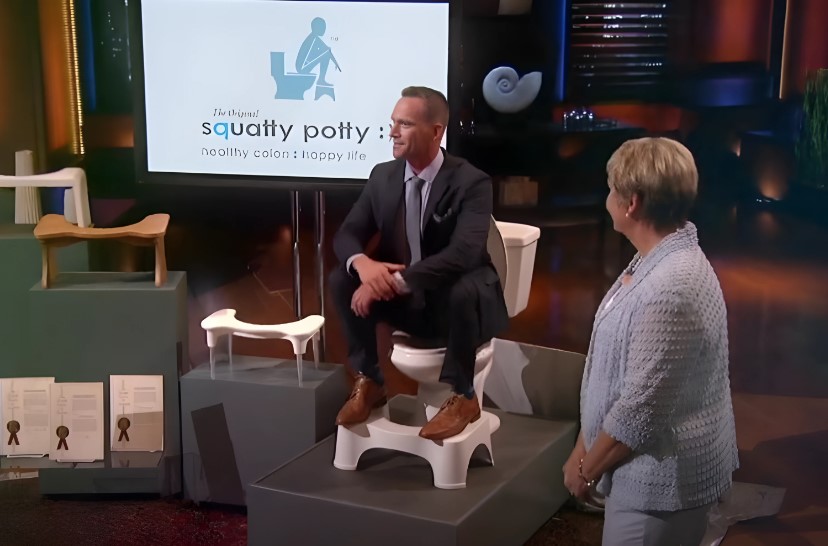
A stool designed to promote better bathroom posture might cause giggles by Squatty Potty. The concept arrived on the show with founders who landed $350,000 from Lori Greiner for a 10% stake.
Quirky marketing, including a unicorn-themed commercial, played a pivotal role in boosting brand awareness:
- Over $164 million in sales to date
- Recognition as an item that helps people approach a mundane activity in a healthier way
- Frequent appearances on talk shows and in comedic ads
4. The Comfy
View this post on Instagram
A hooded blanket designed by two brothers who pitched their creation and caught Barbara Corcoran’s attention.
Some might have thought wearing a giant fuzzy bag was ridiculous, but that comedic spark helped secure a $50,000 investment for 30% equity. The payoff for The Comfy was massive:
- Over $468 million in sales
- Rapid global acceptance as a cozy staple for cold nights
- Impressive endorsements from celebrities and influencers
5. Tipsy Elves
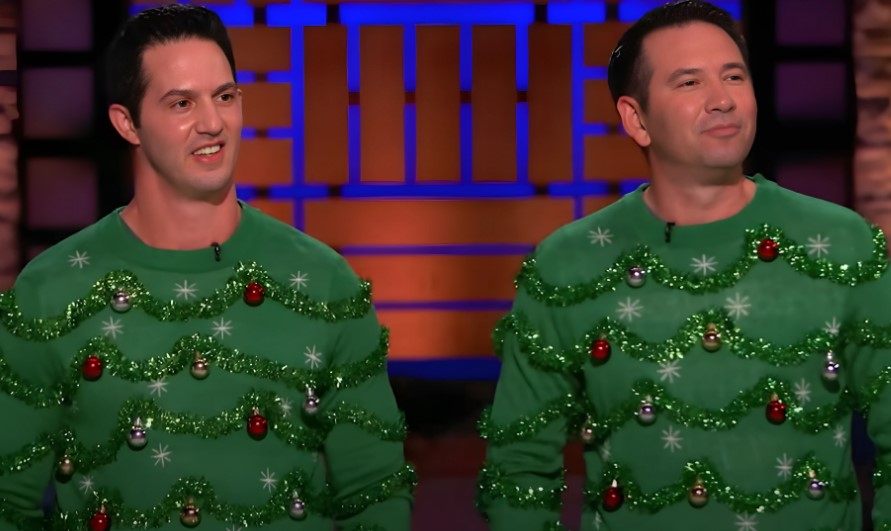
Tipsy Elves is a brand specializing in holiday-themed attire that’s slightly off-kilter. Evan Mendelsohn and Nick Morton secured $100,000 from Robert Herjavec for 10% equity.
Many expected a joke company with ugly sweaters and bizarre designs, yet consumer interest soared:
- Initial annual revenue at $900,000 before appearing on TV
- Shot up to $8 million soon after the investment
- Continued momentum toward $12 million and beyond in subsequent years
6. Cousins Maine Lobster
Two cousins from Maine introduced premium lobster rolls to West Coast diners.
A $55,000 deal from Barbara Corcoran for 15% equity transformed one food truck into a nationwide phenomenon. Cousin Main Lobster‘s Key achievements include:
- Rapid development into a franchise with over 20 trucks
- Launch of an online seafood delivery platform
- Partnerships with major networks and news outlets
7. The Bouqs Company
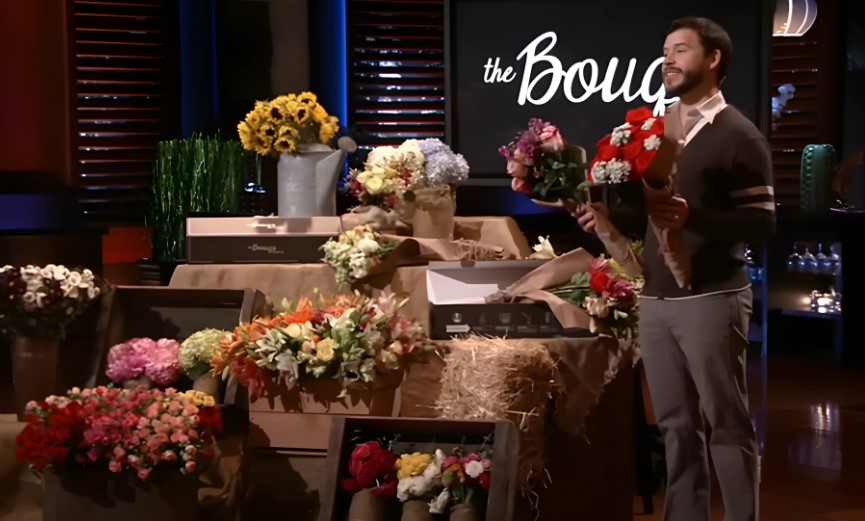
The Bouqs Company is an online flower delivery service that missed out on an actual deal during its time on the program, yet generated major buzz afterward.
The eco-conscious model involves farm-direct sourcing and a supply chain that supports local growers.
Notable milestones:
- $640 million in lifetime sales
- Endorsement from Robert Herjavec, who used the service for his wedding
- Emphasis on sustainability and cost savings for consumers
8. Rugged Maniac
@founders.ceo Rugged Maniac’s Bull Run A Thrilling New Venture! #sharktank #buisnesstiktok #invention #smallbusiness #mostviralvideo #sharkweek #buisness ♬ i was only temporary 2 u – my head is empty
A company that organizes large-scale obstacle courses for thrill-seekers. Founders Brad Scudder and Rob Dickens pitched a mud run concept, leading Mark Cuban to invest $1.75 million for 25% equity. That partnership paid dividends:
- Growth from $4.2 million to $10.5 million in sales within two years
- Expansion to over 28 cities across the United States and Canada
- Emphasis on fun and camaraderie over hardcore athleticism
9. Ten Thirty One Productions
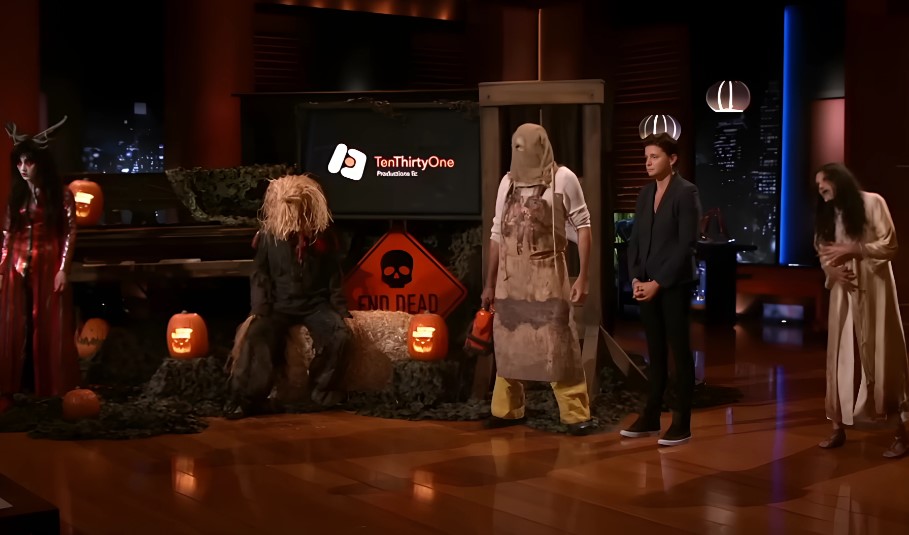
Melissa Carbone’s eerie attractions, including the Los Angeles Haunted Hayride, reeled in Mark Cuban for a $2 million investment in exchange for 20% equity. Achievements worth highlighting:
- Expansion beyond Los Angeles with the New York Haunted Hayride
- Introduction of experiences such as the Great Horror Campout and Ghost Ship
- Acquisition by Thirteenth Floor Entertainment Group in 2018
Important note: Rugged Maniac has reached out to registered racers advising them that they have no plans of continuing to operate in 2024.
10. GrooveBook
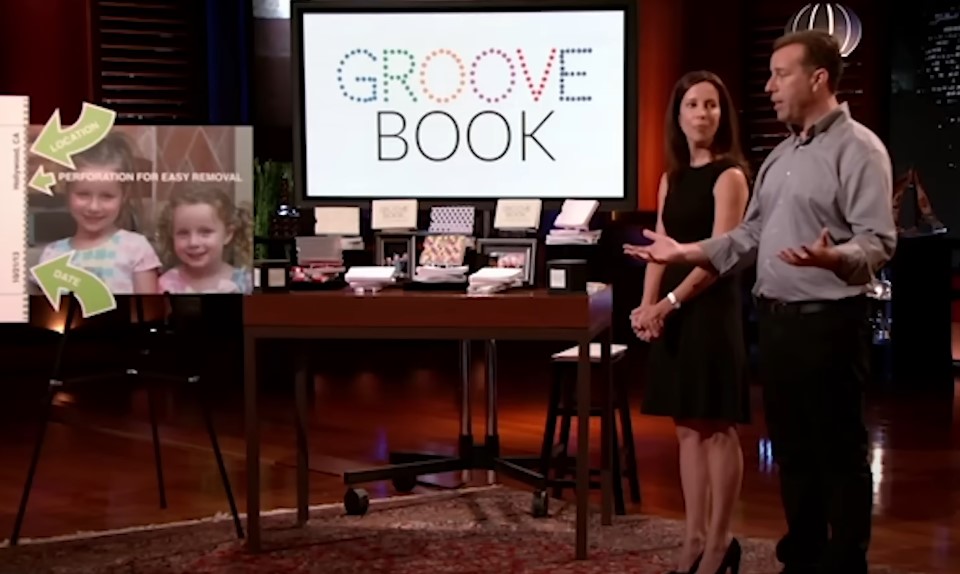
GrooveBook is a subscription-based photo printing service that monetized memories. Founders Julie and Brian Whiteman pitched a novel concept involving monthly photo books created from smartphone images.
Kevin O’Leary and Mark Cuban offered $150,000 in exchange for 80% licensing rights. Crucial milestones:
- Acquisition by Shutterfly in 2014 for $14.5 million
- A simple way for users to preserve and share pictures
- A loyal following that preferred tangible albums over purely digital storage
Summary
Reality television can sometimes feel contrived, but the success stories from that entrepreneurial showcase prove that big dreams and a brief national spotlight can spawn real ventures.
Socks, sponges, stools, or spooky hayrides—an unexpected array of products found robust markets. Keen marketing, persistent founders, and wise investor partnerships shaped the outcomes.
One might poke fun at the idea of a unicorn demonstration for a bathroom product, yet profit margins don’t lie. Many are left wondering which wild idea will catch the sharks’ eyes next.
